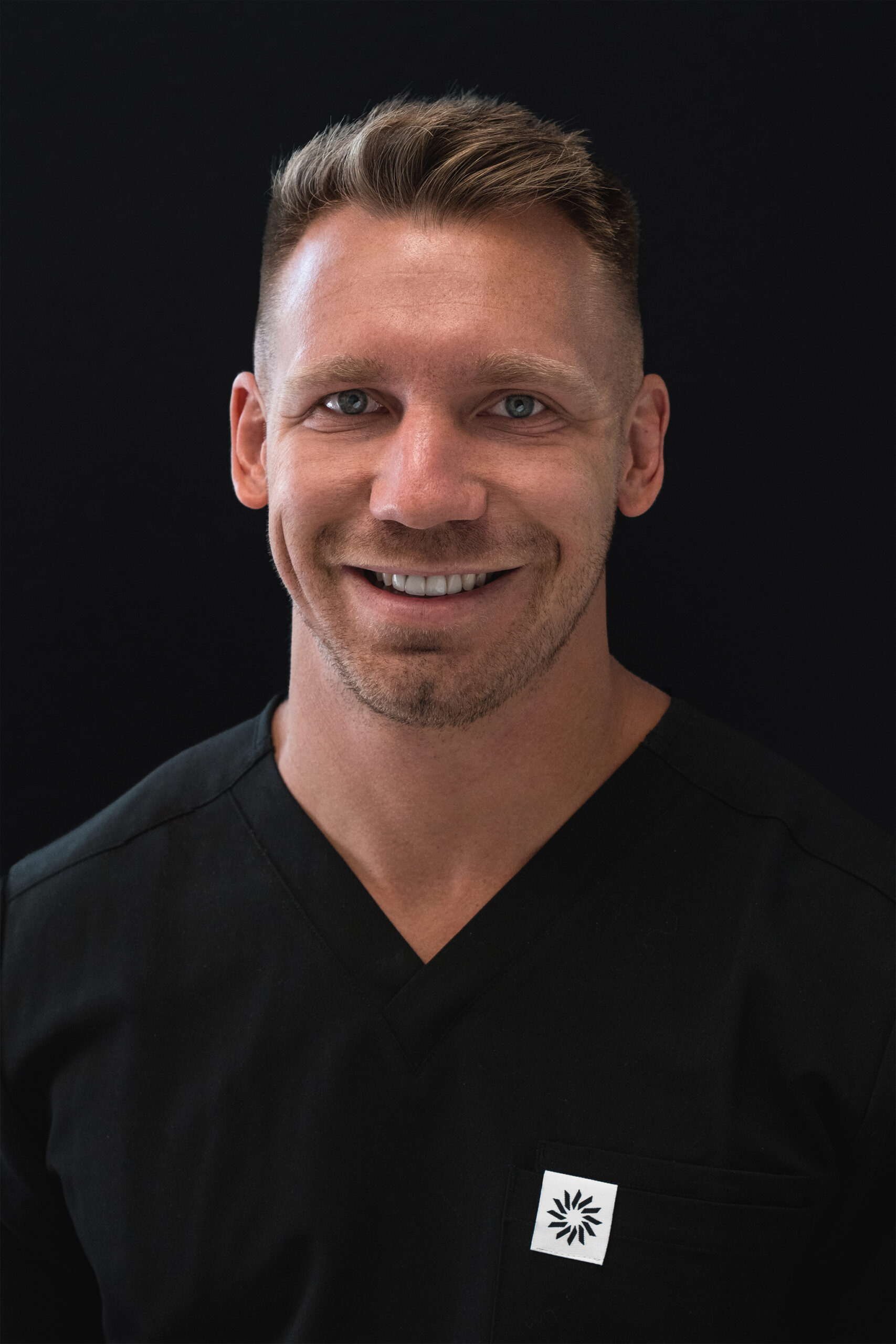NAD+ Training
Learn about NAD+ training and unlock its benefits.
Dr. Allen Gorman
NAD+
Top Picks
IV NAD⁺ Therapy
I use IV NAD⁺ when I need to hit reset—after travel, intense physical stress, or long stretches of cognitive load. It’s one of the most direct ways to replenish levels and support mitochondrial function, especially in the context of aging and cellular repair.
Dr. David Sinclair’s Book – Lifespan: Why We Age and Why We Don’t Have To
Find a copy
Sinclair’s research helped bring NAD⁺ into the public conversation. His work on sirtuins and aging is compelling and still evolving, but it’s a great entry point for anyone wanting to understand the bigger picture of how molecules like NAD⁺ affect longevity.
Zone 2 Training
Movement is medicine—and low-intensity, steady-state cardio (what we call Zone 2) is a metabolic goldmine. It boosts NAD⁺ naturally by supporting mitochondrial health and fat oxidation. I make this a regular feature of my weekly rhythm.
Turn insights into action
Start with ClayMore questions?
What is NAD⁺ and why is it important for health?
NAD⁺ (nicotinamide adenine dinucleotide) is a coenzyme found in every cell. It plays a critical role in converting food into energy, repairing DNA, and regulating the aging process. As we age, NAD⁺ levels decline—contributing to fatigue, slower recovery, and reduced resilience.
Who benefits most from NAD⁺ support?
Anyone under physical or mental stress, those experiencing fatigue or cognitive decline, and individuals focused on longevity or cellular optimization. At Clay, we often recommend NAD⁺ for clients who want to enhance energy, metabolic health, and performance recovery.
What’s Clay’s approach to using NAD⁺ in health optimization?
At Clay, our clinical toolkit can include NAD⁺ where appropriate and as part of a broader strategy. We assess biological markers, lifestyle, and stress load before recommending NAD⁺ support. Then we integrate the right form—IV, oral, or lifestyle interventions—into a plan that’s science-based and personalized.

